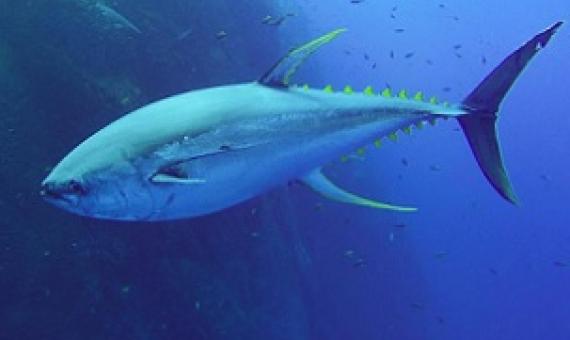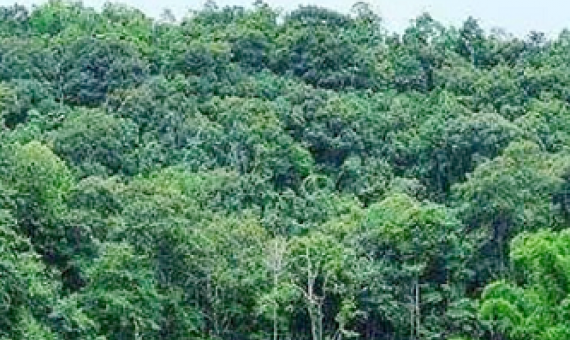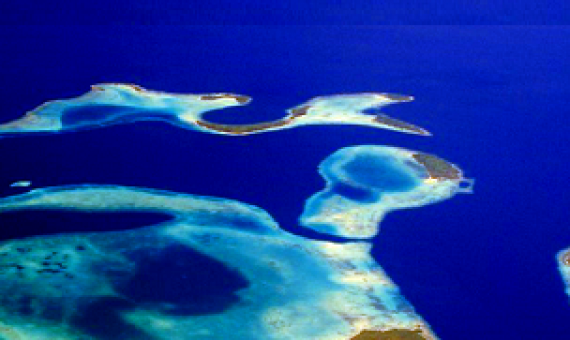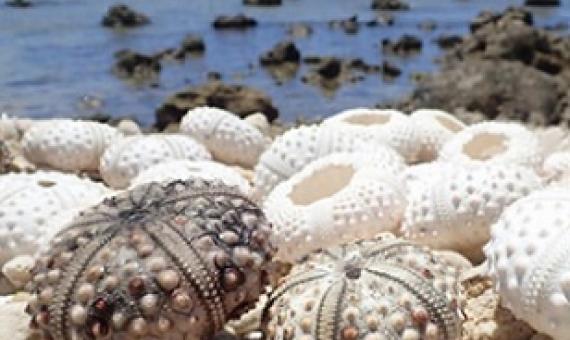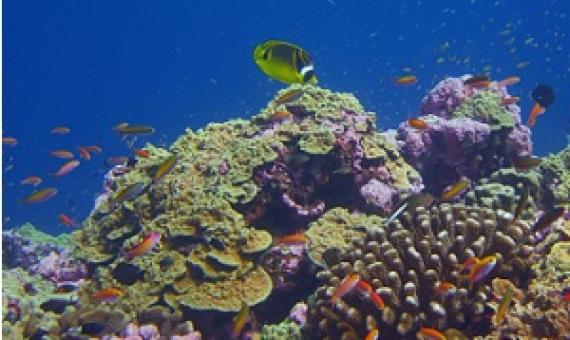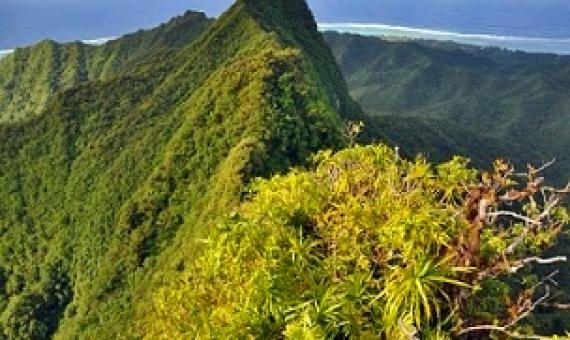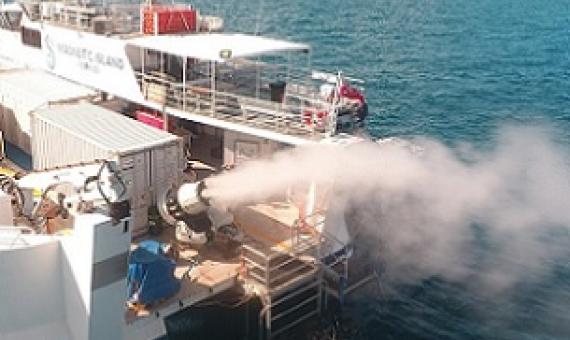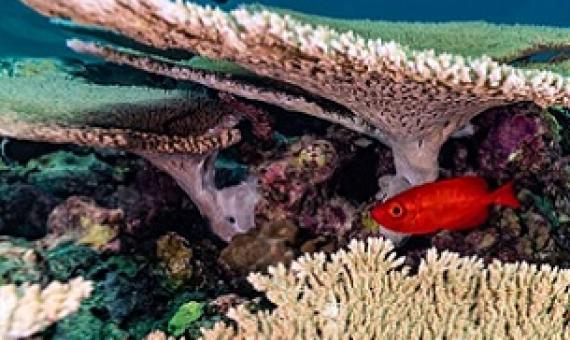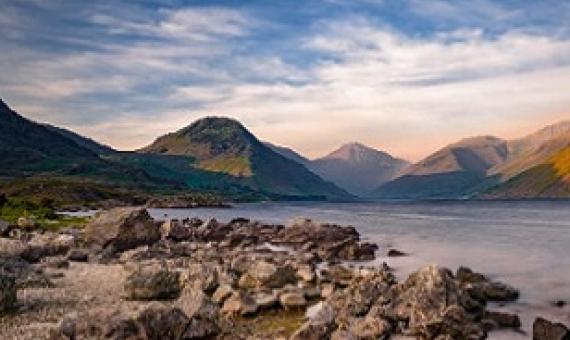The role and value of science in shark conservation advocacy
Many species of sharks are threatened with extinction, and there has been a longstanding debate in scientifc and environmental circles over the most efective and appropriate strategy to conserve and protect them. Should we allow for sustainable fsheries exploitation of species which can withstand fshing pressure, or ban all fsheries for sharks and trade in shark products? In the developing world, exploitation of fsheries resources can be essential to food security and poverty alleviation, and global management eforts are typically focused on sustainably maximizing economic benefts.

